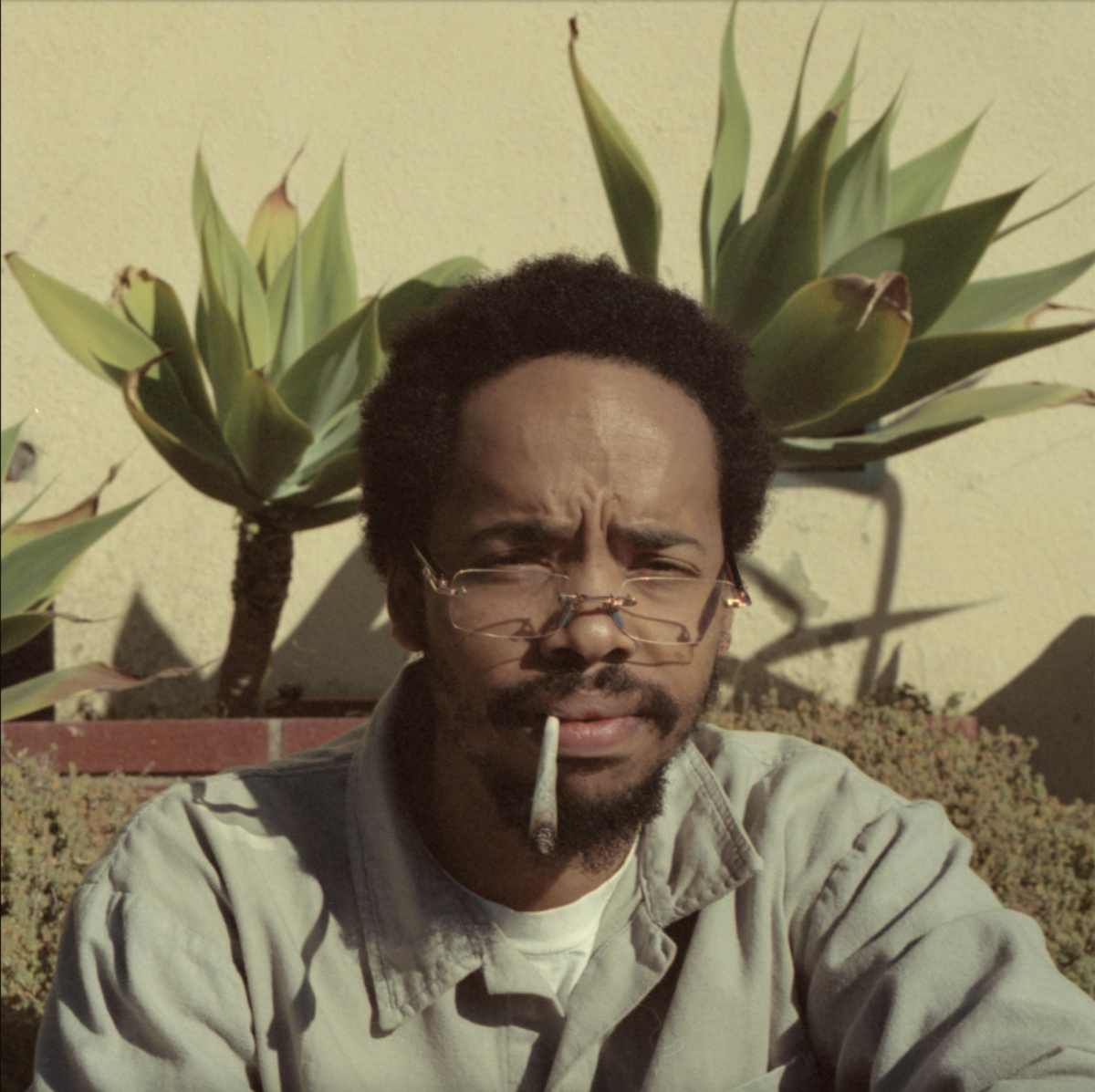Extremist views should not be tolerated when it comes to making policies, but in debates, they can lead to dialogue for these groups to possibly change perspectives or reconsider their beliefs.
Unfortunately, at least 150 premium X (formerly known as Twitter) accounts have posted pro-nazi ideologies with massive followings with many not realizing how big these groups really are and how far their reach is with over 4.5 million impressions, according to an April 16, 2024 NBC News article.
If you find yourself on social media you’re bound to see extremist comments, as up to a third of internet users have experienced hate speech online, according to a Feb. 13, 2024 U.S. Government Accountability Office article.
Social media plays a huge factor in how these groups radicalize others and the reach they have, especially with social-media apps like X becoming less restrictive with “free speech,” that can encourage hate speech.
Rates of hate speech on X increased to around 50% after Elon Musk purchased the company, pledging free speech, showing that these groups are large and do exist, according to a Feb. 13 UC Berkeley News article.
These people hide online but are allowed to vote, interact with society and influence our lives whether we like it or not.
Finding common ground with extremists can be difficult as often these groups refuse to listen to others with different points of view and are unwilling to engage with people who are different, but it’s important to find it for change.
According to a March 22, 2024 article from American Public University, there are 4 stages of radicalization: stage 1, where a person is exposed to extremist ideology, stage 2, acceptance and relatability to the ideology, stage 3, planning and want for violence and stage 4, mobilization and preparation for a violent attack.
Sometimes, these extremist groups become so radicalized that they carry out these violent attacks often based on ideologies they learn from social media. So it’s important to include their beliefs in debates in order to acknowledge the change that is needed in our society in order to progress.
Although debate shows like Jubilee and Charlie Kirk can create division based on the beliefs of the person watching, these conversations are important and can open new perspectives to those whose beliefs align with extremist radicalized groups.
Attacks deemed domestic terrorism cases have only increased in recent years, according to an Aug. 4th, 2023 USA Facts article, and radicalization and these extremist groups play a huge role in it.
Between 2023 and 2024, there has been around a 300% increase in reports coming into cyber tip lines regarding violent online groups, according to a March 8 NPR article.
These groups often wear masks, spread their messages online and meet in secrecy, indoctrinating more people. If we ignore these groups in debate we often leave them alone to radicalize another person, often vulnerable, rather than confronting and challenging these ideologies directly.
A vulnerable demographic of people to radicalization includes young teenagers who are experiencing change and discovering who they are, with over 83 school shootings in 2024 alone, according to a Feb. 11 CNN article.
These young impressionable teens often wonder online where they can find graphic videos and forums with these non ideological extremist rhetorics to just create violence that can make them desensitized, according to the same NPR article.
This is why it’s important to debate these individuals in a public forum in order to show and remind those confused and vulnerable about the clear wrongs in these extremist groups. Having debates with extremists can be beneficial under the right circumstances with active listening, respectful dialogue and the want to focus on solutions.
Using common ground to build a bridge can reduce the spread of these ideologies and change can be accomplished, otherwise, these groups that do exist are going to be left unchecked.






































